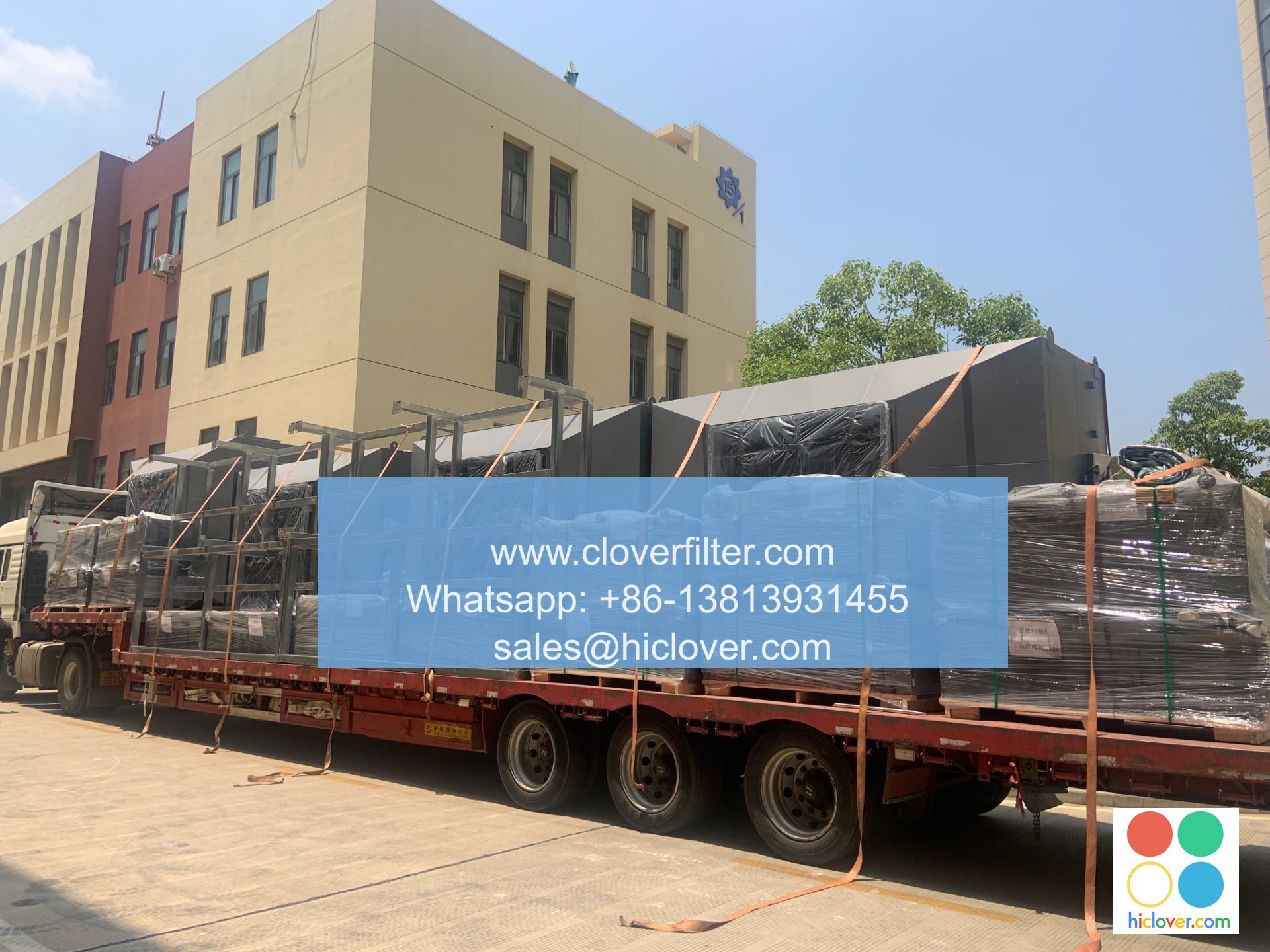The Importance of Air Filtration in Abbott Diagnostics Facilities

Air filtration plays a crucial role in maintaining the quality and integrity of diagnostic processes in Abbott Diagnostics facilities. Airborne contamination control is essential to prevent the spread of infectious diseases, ensure accurate test results, and safeguard the health of patients, employees, and the general public. In this article, we will discuss the significance of air filtration in Abbott Diagnostics facilities, highlighting its critical applications in various areas.
Preventing Airborne Contamination
Airborne contamination can have severe consequences in diagnostic facilities, where precision and accuracy are paramount. Pathogenic microorganisms such as bacteria, viruses, and fungi can be present in the air, posing a significant risk to patients, employees, and the general public. Effective air filtration systems can capture these microorganisms, preventing them from spreading and ensuring a safe working environment.
Applications in Diagnostic Laboratories
Air filtration systems are essential in diagnostic laboratories, where sensitive equipment and complex testing procedures are used to analyze biological samples. Air quality control is critical to prevent contamination of samples, equipment, and personnel. Air filtration systems can be used to:
* Remove airborne particles and microorganisms
* Control humidity and temperature levels
* Prevent chemical and biological contamination
Importance in Blood and Plasma Donation Centers
In blood and plasma donation centers, air filtration systems play a vital role in maintaining a sterile environment. Donated blood and plasma products are highly susceptible to contamination, and airborne microorganisms can pose a significant risk to recipient patients. Effective air filtration systems can help prevent the spread of infectious diseases, ensuring the safety and quality of donated blood and plasma products.
Role in Molecular Diagnostic Facilities
Molecular diagnostic facilities require ultra-clean environments to prevent contamination of sensitive equipment and genetic materials. Air filtration systems can help maintain a particle-free environment, preventing the introduction of airborne contaminants that can interfere with diagnostic testing.
Best Practices for Air Filtration in Abbott Diagnostics Facilities
To ensure the effectiveness of air filtration systems in Abbott Diagnostics facilities, the following best practices should be implemented:
* Regular maintenance and replacement of air filters
* Use of high-efficiency particulate air (HEPA) filters
* Implementation of air quality monitoring systems
* Training of personnel on airborne contamination control procedures
In conclusion, air filtration plays a critical role in maintaining the quality and integrity of diagnostic processes in Abbott Diagnostics facilities. By understanding the importance of air filtration and implementing effective air quality control measures, diagnostic facilities can ensure a safe working environment, prevent the spread of infectious diseases, and maintain the accuracy and reliability of diagnostic test results.

